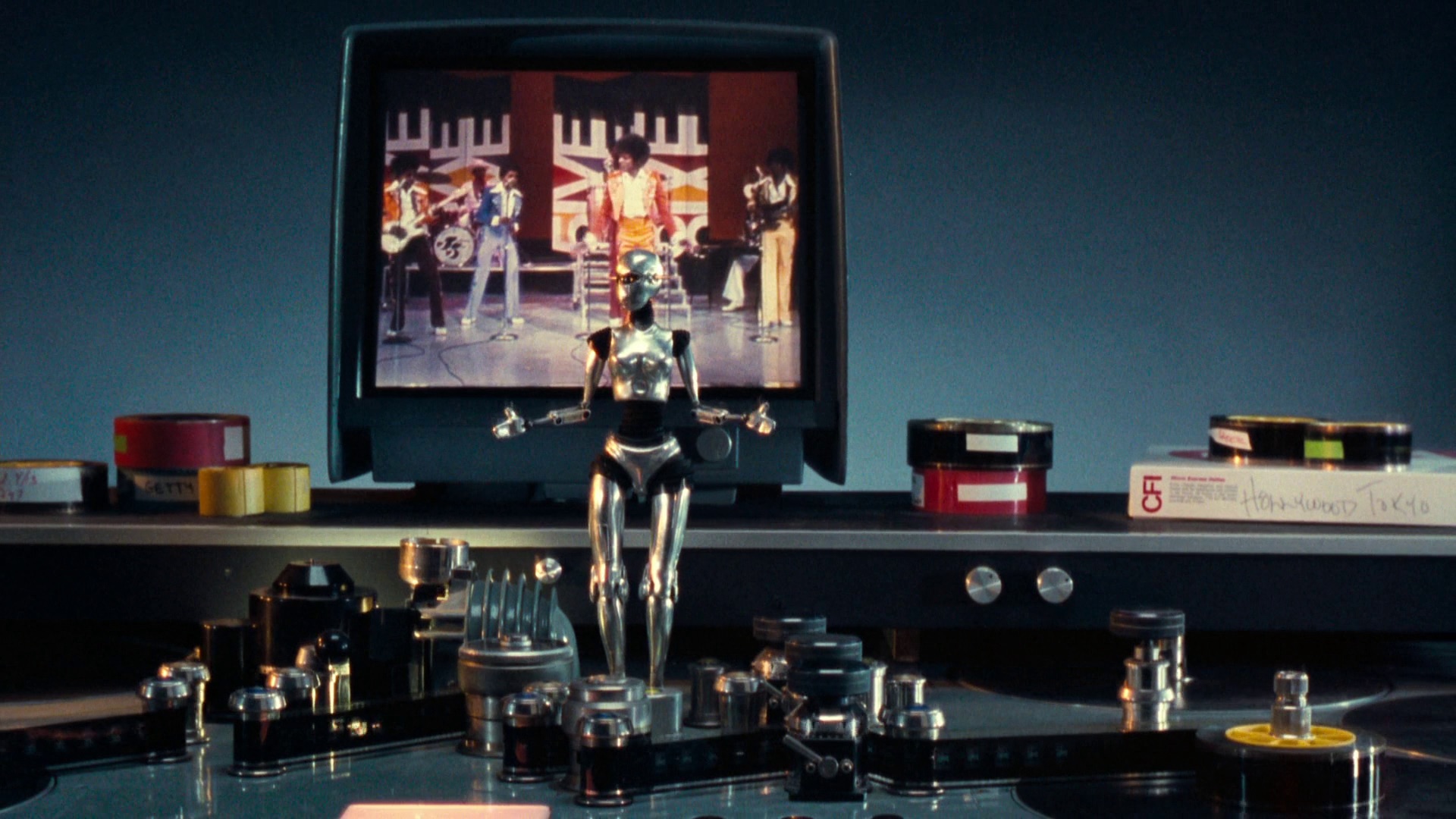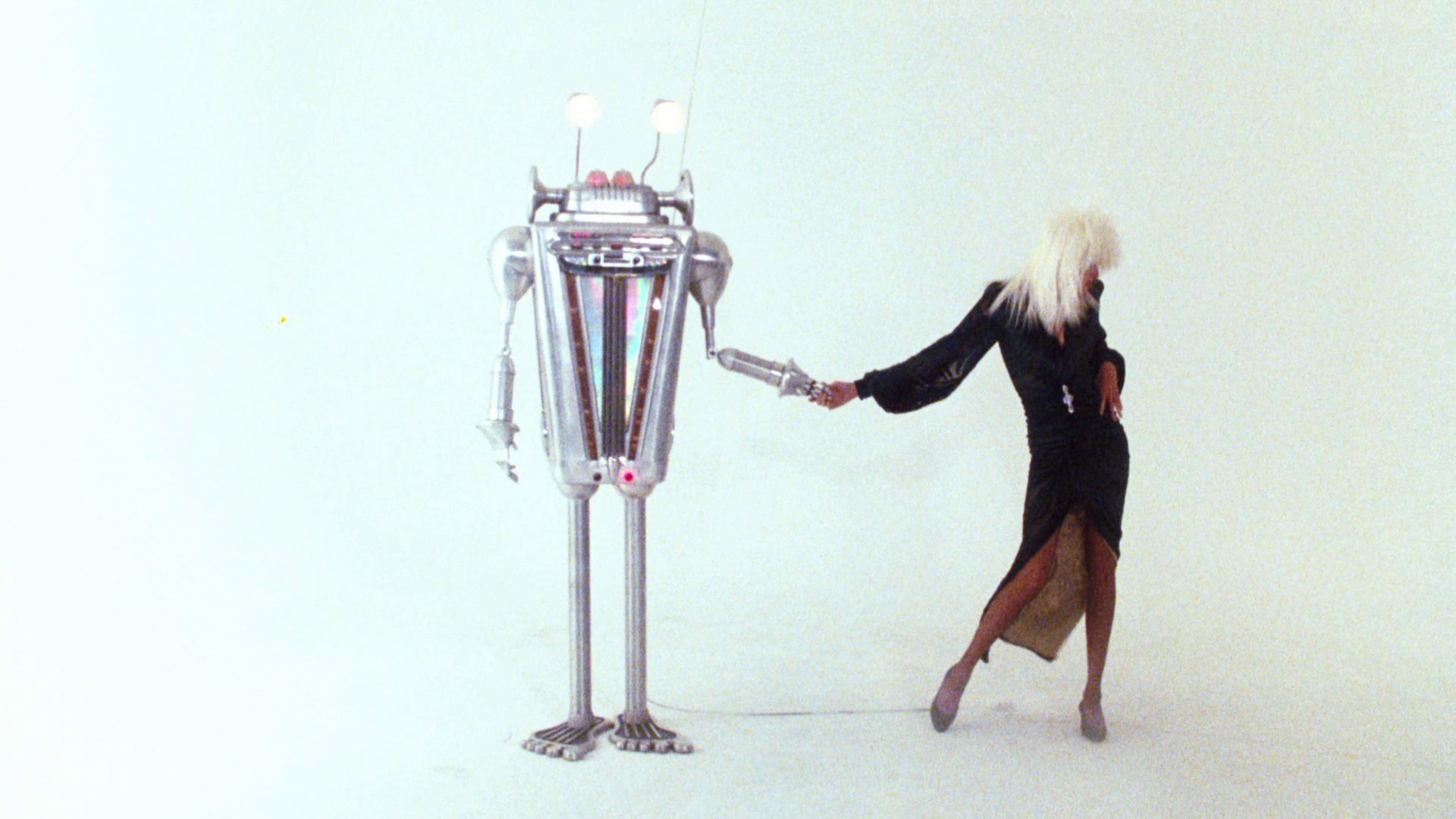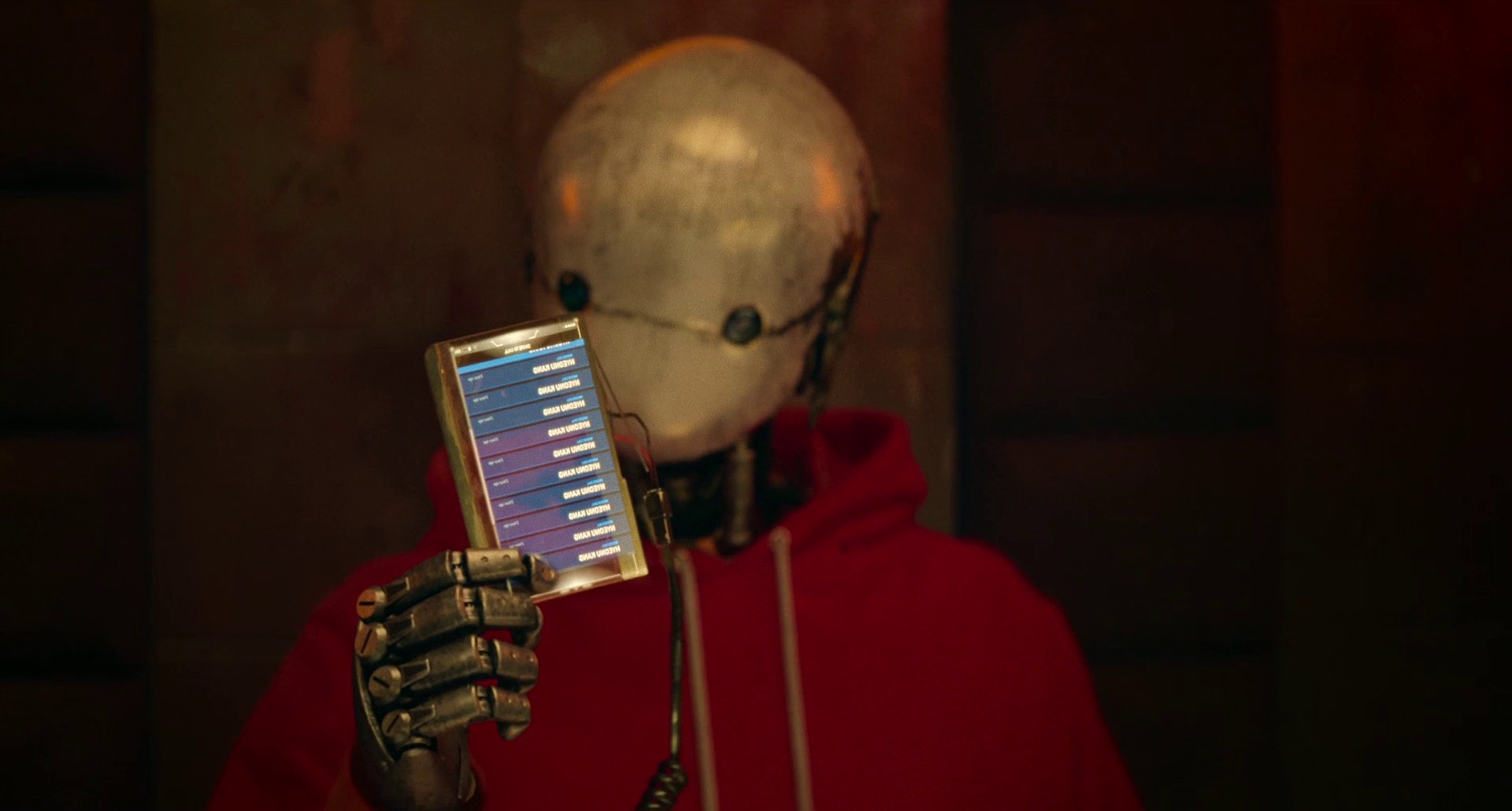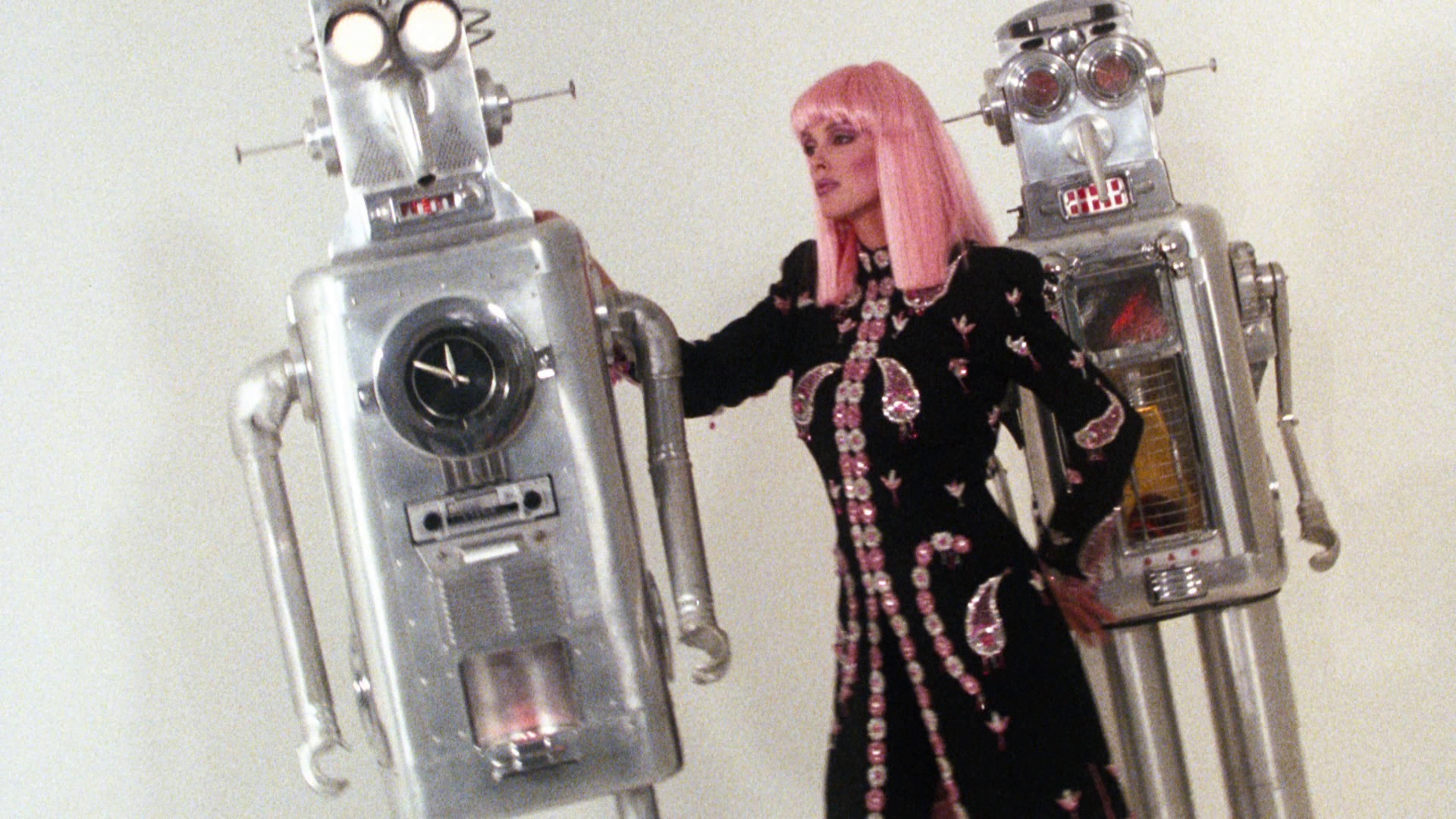Opinion
Will generative AI kill music?

The AI revolution has shaken the world, and the music industry is no exception. We now have AI tools capable of generating fully original music from a simple prompt. As impressive as this may be, generative AI is increasingly perceived as a threat by human artists, and there are real ethical questions at play. That’s why Clément Souchier, founder and CEO of Bridge.audio recently spoke out on LinkedIn regarding the following question: Will generative AI kill music? We share his thoughts below.
In the realm of AI, days are like months and weeks are like years. As the founder of a company that has been developing artificial intelligence for the past 5 years, I’ve been eager to share my thoughts on AI in general, and its applications in music in particular for a few weeks now. But I want to choose my words carefully… and as I wait to refine my viewpoint, the news regarding AI in music continues to unfold at a frantic pace. So far there has been:
- The signing of a petition on the risks of generative AI by over 200 artists.
- The need to “prove” that models are trained in a copyright-respectful manner.
- The adoption of the EU AI Act on March 13th (and SACEM’s Opt-Out by late 2023)
See the press review on these topics in the appendix at the end of this article.
So, I will now provide an overview of my current perspective on the subject.

Generative artificial intelligence (AI) raises crucial concerns for the music industry and human creativity. I discussed this at the SNEP last December with Michael Turbot, director of Sony CSL, Nathalie Birocheau, CEO of Ircam Amplify, Aurélien Hérault, innovation director at Deezer…
Anticipating the arrival of generative AI in music in the near future, we did not expect to see such a mature version emerge so quickly (Suno > which Jean-Christophe Bourgeois, CEO of Sony Publishing, mentioned to me during a lunch on February 1st).
To illustrate this article, I asked ChatGPT to write the lyrics of a song based on the post you are currently reading. Then I asked Suno to turn it into a song with the prompt Cloud rap X Spoken Word.
Total operation time = 45 seconds.
The results are available at the end of the article (impressive and a bit unsettling). This allows for a quick, concrete opinion to be formed.

As a musician, composer, music publisher, and music supervisor, I have always used or developed technologies to challenge my creativity and simplify tedious tasks… Therefore, I am excited about the advancements in AI for their ability to open new opportunities (such as track separation), but I am also concerned about their potential impact on creators’ revenue if their use is not regulated. For nearly 5 years, I have been dedicated to developing a descriptive AI designed to analyze music in great detail, aiming to address one of the music industry’s main challenges: discoverability.
This work has been made possible by the tens of thousands of tracks that my team and I manually described at Creaminal Music Supervision. This colossal effort, spanning nearly 10 years, allowed us to train a model for musical description that can accomplish the task much more quickly (a few seconds vs. 5 to 10 minutes per track) and in a nearly objective manner.

With millions of tracks receiving little to no attention on streaming platforms, I believe that only an AI proficient in musical description can revolutionize how music is discovered and shared. At Bridge.audio, we aim to facilitate exchanges and discoverability through our workspaces (for managing workflows) and offer a marketplace for you to promote your music, whether you’re the composer, publisher, or label… for synchronization, promotion, or other purposes.
Our AI enables precise navigation through vast music catalogs, offering detailed searches and uncovering hidden gems. We’re dedicated to building an AI that is in service to humanity, benefiting both those seeking music and those wishing to be discovered.
However, I am concerned about generative AI that can create finalized tracks from a single prompt because it goes far beyond assistance and potentially replaces human creativity.
This is no longer about prompting AI to find music composed/produced/edited by humans in a vast catalog but about creating it.
Allowing a few companies to thus seize centuries of musical culture and expression and decades of recordings through AI (trained on the actual and concrete work of hundreds of thousands of artists) also raises ethical and legal issues.
The commercial exploitation of such technologies, at negligible costs compared to human creation, creates insurmountable unfair competition for artists.
Legally, it seems crucial to consider that these technologies are not so different from sampling. The difference is that while sampling is comparatively easy to detect, AI fragments music into atoms to reconstruct new tracks where it’s impossible to know if it borrows from Billie Eilish or Jimi Hendrix…
This is the whole idea behind Fairly Trained (see appendix). It is necessary to be able to prove the origin of the training datasets. Without showing a clean slate on the training model, these models simply could not find commercial outlets.

At this stage, my feeling is that we should not rush into setting up framework agreements between collective management organizations and generative AI. We must be particularly vigilant about its commercial use.
I am not against generative AI, and those who know me know that it fascinates me, but I advocate for a regulated use of generative AI, emphasizing the need to protect copyright and maintain an ethical relationship with the creative process. The debate on these issues is vital for our industry, and I invite all stakeholders, including collective management organizations, to discuss. How we regulate generative AI will determine the future of artistic creation.
To illustrate the whole point, I created a track generated by AI, with lyrics derived from transforming this article into a song via ChatGPT. I then entrusted these lyrics to Suno and Udio to make a track with the prompt “cloud rap X spoken word”.
Here’s the result. Truth be told, it’s quite impressive (and funny, or scary, your call). It will give you a concrete glance at this hot topic.
Clément Souchier
Founder of Bridge.audio

Conclusion
Despite the danger posed by generative AI, especially when it aims to commercialize its output without regulation, it remains important to recognize the potential benefit of descriptive AI for artists. Discover the best AI tools for musicians here
Far from seeking to replace human creativity, descriptive AI allows artists to be discovered more easily than ever before, thus offering them more opportunities for compensation. Although this technological revolution is constantly evolving, today we believe it is possible to use AI to support the human artist rather than replace them, and with our Sync Hub, that is our mission.
Appendix
Petition from Artists
A group of 200 artists has issued a warning about the “predatory” use of artificial intelligence (AI) in music, highlighting the risks to creativity and copyright. They express concerns about AI’s ability to replicate musical styles, which could threaten the originality and income of creators. These artists are calling for stricter regulation of AI to protect artistic works and encourage dialogue among AI developers, creators, and lawmakers to balance innovation and respect for artistic rights, aiming to preserve the integrity of human creation in the face of technological advancement.
Read the article by The Guardian
Fairly Trained
The concept of “Fairly Trained” in musical AI aims to ensure fairness and diversity in AI technologies, preventing biases by training models with diverse data from all cultures. It promotes equal access to AI tools for all creators, supporting inclusive innovation. This also includes ethical conduct, respecting transparency and copyright. In short, “Fairly Trained” promotes a fair and inclusive use of AI in music, enriching cultural diversity.
Read the full article
Adoption of the EU AI Act
The AI Act adopted in Europe is a regulatory framework aimed at governing the development and use of artificial intelligence (AI) within the EU. It categorizes AI systems according to the risk they pose, from minimal to unacceptable, imposing stricter requirements for high-risk applications. This includes obligations regarding transparency, security, and data protection. The goal is to foster trust in AI by ensuring that its deployment is secure, ethical, and respects fundamental rights. This legislation aims to position Europe as a global leader in ethical AI, supporting innovation while protecting citizens and their values.
Read the article on CNBC.
SACEM’s Opt-Out
SACEM’s decision to opt-out of training systems for AI reflects a concern regarding the use of copyrighted musical content in the training of artificial intelligence models without proper authorization or compensation for creators. This initiative seeks to protect the interests of authors, composers, and publishers by ensuring that their work is not used to develop AI technologies without a fair legal and financial framework. This highlights the challenges related to copyright in the digital age, including the need to strike a balance between technological innovation and respect for creators’ rights.
Read the article by Les Echos (in French)
